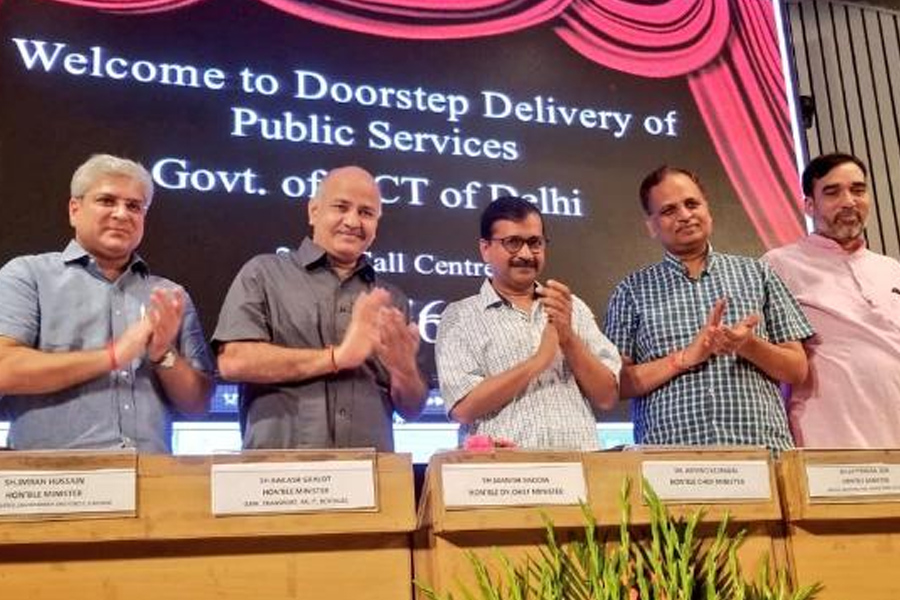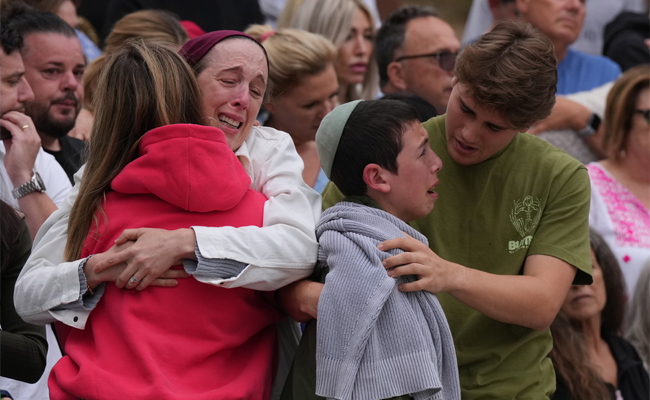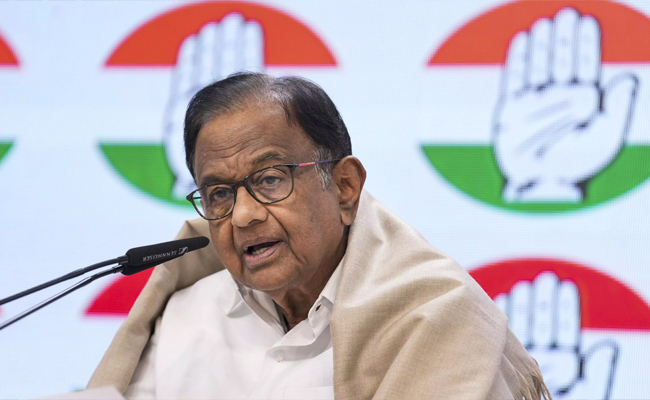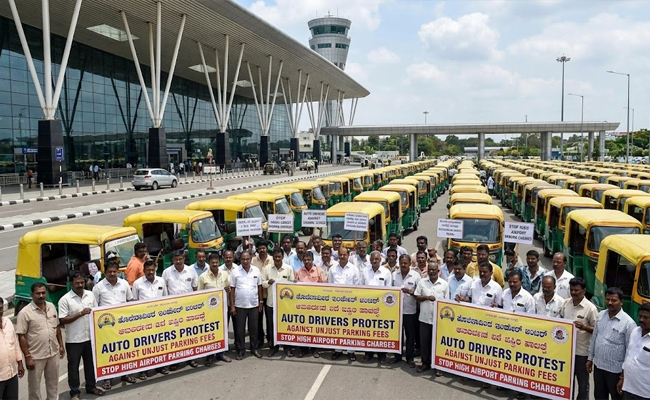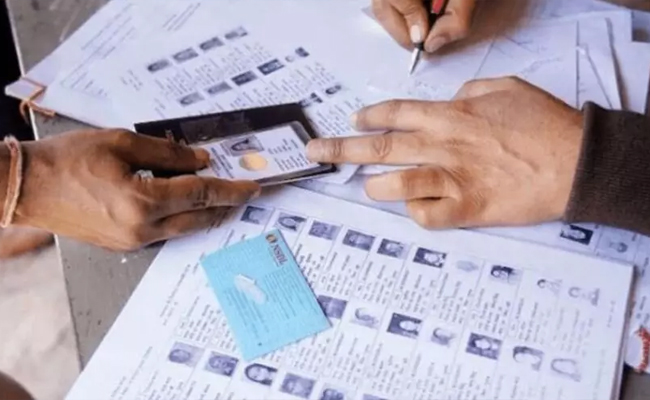New Delhi, Sep 10 : The Delhi Government on Monday launched the doorstep delivery of 40 public services which received a huge response from the people living in the national capital with 369 appointments fixed within hours.
Chief Minister Arvind Kejriwal, who launched the scheme at the Delhi Secretariat, will monitor the output data personally on an hourly basis for the next few days, said a statement from the Delhi Government. Within hours of its launch, the hotline 1076 was flooded with calls.
By 1.30 p.m. over 1,200 calls were received and 200 appointments were booked, according to the data provided by the government. By 6 p.m., 2,728 calls were connected. Out of these, 1,286 were connected directly and for rest, the operators had called back.
"A total of 21,000 calls were attempted but could not be connected due to very heavy traffic. The operators will call back each unique number," the official data said.
Out of the total appointments fixed, in seven cases the documents were also collected.
"However, the number of calls as compared to day one is likely to go down on the consecutive days as there were many callers who called just out of curiosity and to know whether the scheme has started," it said.
"Call centre flooded with calls. Many applicants can't get through the call centre. Would request people to be a little patient and stagger the calls," Gahlot said in a tweet.
Gopal Mohan, the man behind the initiative and Kejriwal's advisor on technological and anti-corruption subjects, has been working on the scheme for the last three years. He is also working very closely on Delhi Government's Wi-Fi and CCTV schemes.
Speaking to IANS, Mohan said making the plan was essential as everyone is not comfortable with the online services.
"Only 7-8 per cent were comfortable with the online system when it was planned in December 2015, but could not implement this due to a number of reasons," he told IANS.
"Looking at the huge number of calls received on the first day, the number of operators is being increased from 40 to 80 from Tuesday. Similarly, the number of lines is also being increased from 50 to 120 from Tuesday," he said.
Let the Truth be known. If you read VB and like VB, please be a VB Supporter and Help us deliver the Truth to one and all.
Melbourne (PTI): Three Indian students were among 40 people injured in the terrorist attack on Sydney's Bondi Beach in Australia, according to a media report on Tuesday.
Two out of these three students are believed to be receiving treatment in the hospital, The Australia Today news portal reported.
The names of the Indian students injured during Sunday's attack have not been disclosed yet.
ALSO READ: Affront to non-Hindi speaking people: Chidambaram slams use of Hindi words in bills' names
The Indian students sustained injuries during the shooting, and their exact condition has not been formally confirmed yet, it said.
Naveed Akram, 24, and his father, 50, opened fire on a gathering during the Jewish festival Hanukkah by the Sea celebration.
At least 15 people were killed in the attack, including a 10-year-old child. Five of the injured remain in critical condition, while two injured police officers are in serious but stable condition, it added.
New South Wales Police Commissioner Mal Lanyon said the investigation is expanding as new information emerges, including international travel by the alleged attackers and the discovery of extremist material, the report said.

